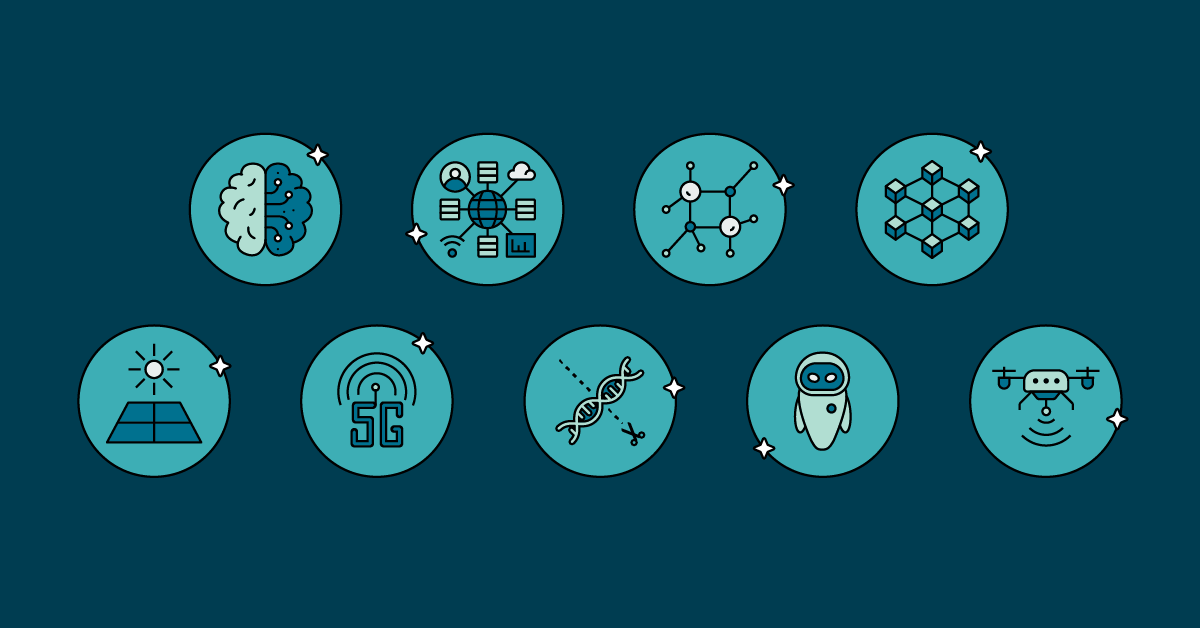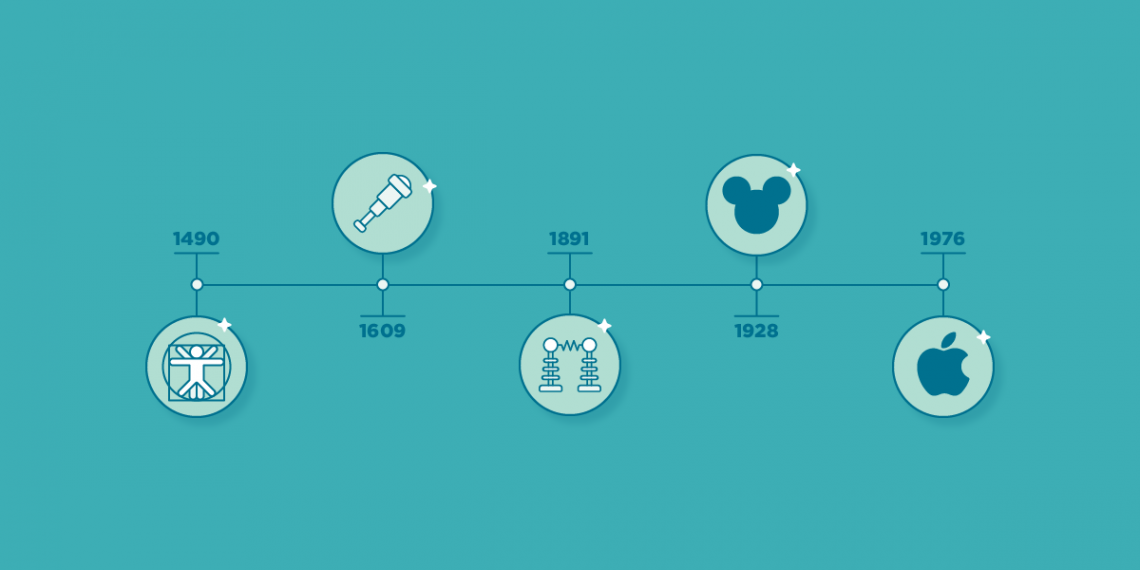The technological boom and rapid growth/development of the Fourth Industrial revolution have given us frontier technologies that up until now were believed to exist only in Sci-Fi stories and movies. AI, Big Data, Nanotechnology, Block Chain, Solar Power, 5G, Gene Editing, Robotics, Drones are just some of the examples. These interrelated and interdependent technologies pose as a platform for new technologies that are yet to emerge. The top 11 frontier technologies have represented a 350 billion dollar market, and it is estimated that by the year 2025. they will reach 3.2 trillion. The endless opportunities in combining them create possibilities for unimaginable innovations for a better and more sustainable future.
Yet every innovation and progress has its dark side. The unintended effects, which, if not addressed properly, create new challenges. The threat of widening existing gaps of inequality between countries, and even within countries, is becoming more obvious. Innovations do bring prosperity, but can also cause whole societies to be left behind. Job polarization, highly concentrated wealth and automation taking over jobs are just some of the infamous “side-effects” of innovation. The introduction and deployment of innovative technologies is sometimes too fast that people do not have time nor resources to properly adapt, causing the widening of technological gaps, and even occurrence of new ones.
How does one adapt to such changes? Besides innovations being created to meet social needs, a smooth technological transfer must be backed-up by policy makers. The inequality should also be addressed from a diversity and inclusion perspective, giving more people access to the same opportunities and access to innovative technologies. The great thing about innovations is that they represent their own solution to a problem, meaning you can overcome challenges caused by innovations by other innovations. With the widening social and technological gaps on one side, the same innovations also offer an unprecedented opportunity for underdeveloped societies to catch up.
Thanks to the development and improvement of communication and connectivity, education has become more accessible for underprivileged and underdeveloped countries. The Covid-19 crisis has made remote schooling not only acceptable and accessible in the developed world, but has improved education for those with less opportunities. Same goes for remote working. Now more people have the same opportunity to compete in the global market. At the same time it provides companies the opportunity to enrich their talent pool with people from all over the world and boost diversity and inclusion. The frontier technologies have also enabled us to rapidly develop vaccines through collaboration, and make the vaccine accessible world-wide.
All innovations have two sides to their story. It is our job to make sure that through collaboration and deployment of innovation we work towards a sustainable future where we will all prosper. These and many other emerging technologies work towards the eradication of hunger and epidemics, decrease of poverty and carbon emission, a greener tomorrow with renewable energy, and a higher life expectancy. Ready or not, these technologies are here, and the sooner we adopt them and adapt to them, the better our chances of survival and prosperity will be. And, who knows, in doing so we might even end up as the new innovators - the pioneers of frontier technology of our own.






